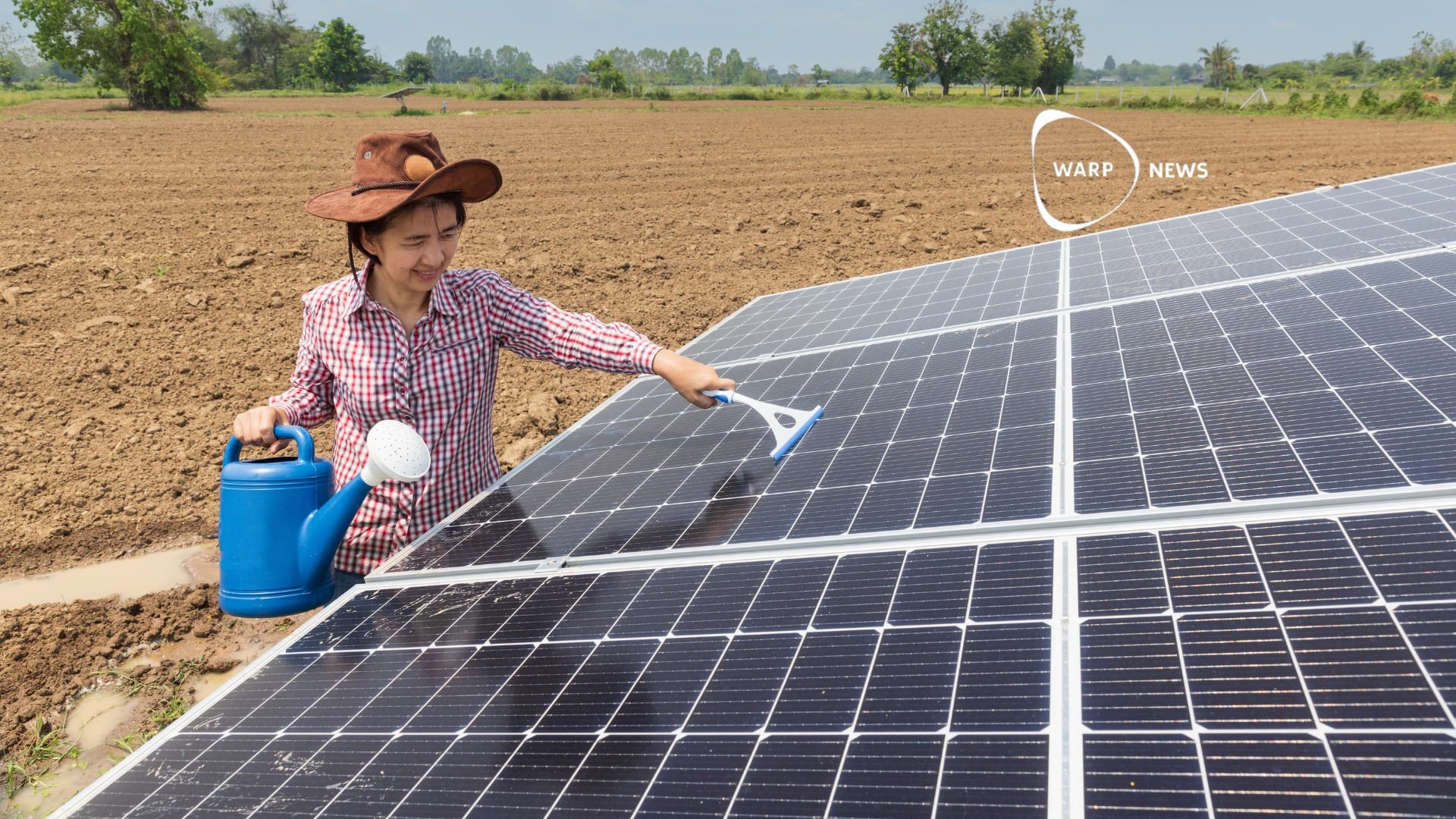
♻️ A surprising hero in the fight against microplastics: Okra
A new study from Tarleton State University in Texas shows that okra is a valuable ally in the fight to get microplastics out of our drinking water.
Share this story!
Scientists from Tarleton State University in Texas have found an unlikely ally in the fight against the microplastics in our drinking water: Okra.
The vegetable (scientifically it’s a fruit though), often used in dishes like gumbo and soup, can be used as a safer method to filter out microplastics from water thanks to its compound which makes it a bit slimy and gooey.
Flocculants, the chemicals currently used to remove microplastics, can become toxic. Dr. Rajani Srinivasan and his colleagues from Tarleton State University have found that when polysaccharides from okra are combined with those from fenugreek, it becomes very effective at removing microplastics from seawater. The team found that when the okra’s polysaccharides were combined with tamarind ones, it worked very well on freshwater.
Actually, the team found that the okra-based flocculants did just as well or even better than the chemical ones currently being used, depending on factors such as the ratio of the polysaccharides and the water source.
A bonus is also that the okra compounds can be used in existing water treatment plants without any expensive modifications needing to be done.
The next step is to investigate the effectiveness of other combinations of polysaccharides derived from different plants and then to test these combinations on specific types of microplastics in water from a variety of sources.
By becoming a premium supporter, you help in the creation and sharing of fact-based optimistic news all over the world.


